What Exactly is the Mandela Effect?

The term “Mandela Effect” was coined by Fiona Broome, a paranormal researcher, when she realized that a significant number of people falsely remembered Nelson Mandela dying in prison during the 1980s. In reality, he was released in 1990 and lived until 2013. But how could so many people have the same incorrect memory? And more importantly—what does this mean?
Some argue that the Mandela Effect is proof of alternate realities colliding, while others claim it’s just a psychological phenomenon. But before we dive into the theories, let’s look at some mind-blowing examples.
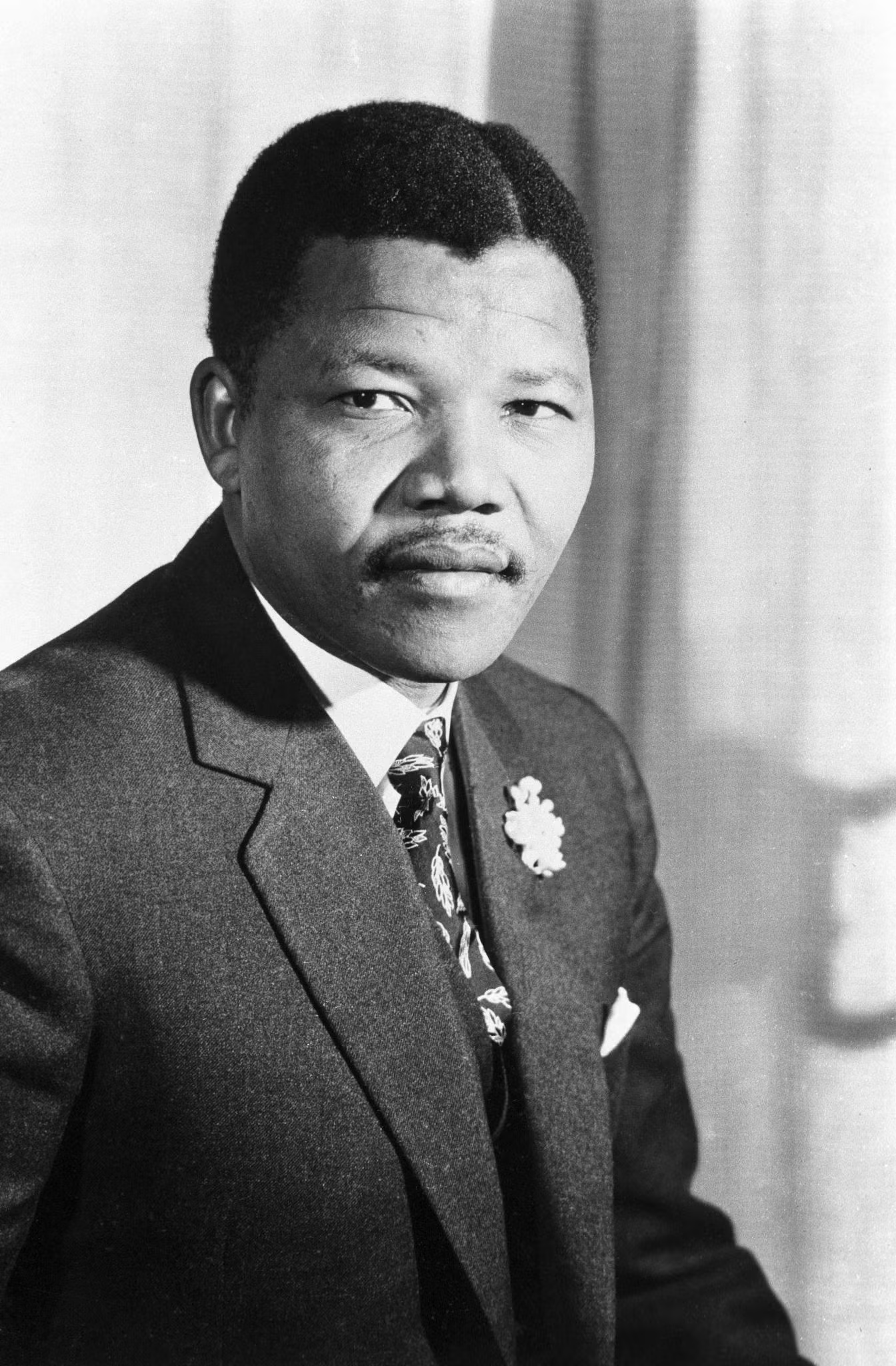
Mind-Bending Examples of the Mandela Effect
1. The Berenstain Bears vs. The Berenstein Bears

Ask any ’90s kid about the famous children’s book series about a bear family, and most will swear it was called “The Berenstein Bears.” However, the actual name is “The Berenstain Bears”—with an ‘A’ instead of an ‘E.’
So, did we all collectively misread it? Or did we just shift into a parallel universe where the spelling changed?
2. “Luke, I Am Your Father” – Wait, What?
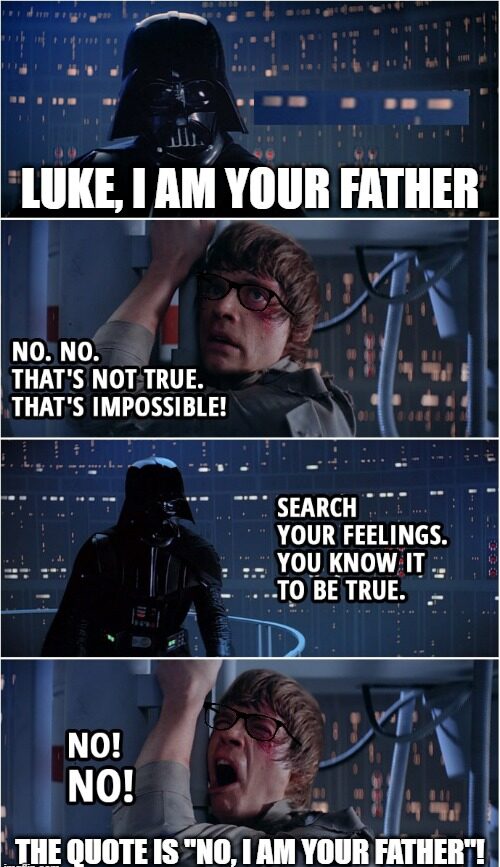
One of the most famous quotes in movie history, Darth Vader’s dramatic revelation in Star Wars, is remembered by millions as “Luke, I am your father.” But in reality, he never said that. The actual line is: “No, I am your father.”
So… why do so many of us remember it the wrong way?
3. Pikachu’s Tail – Black Tip or No Black Tip?
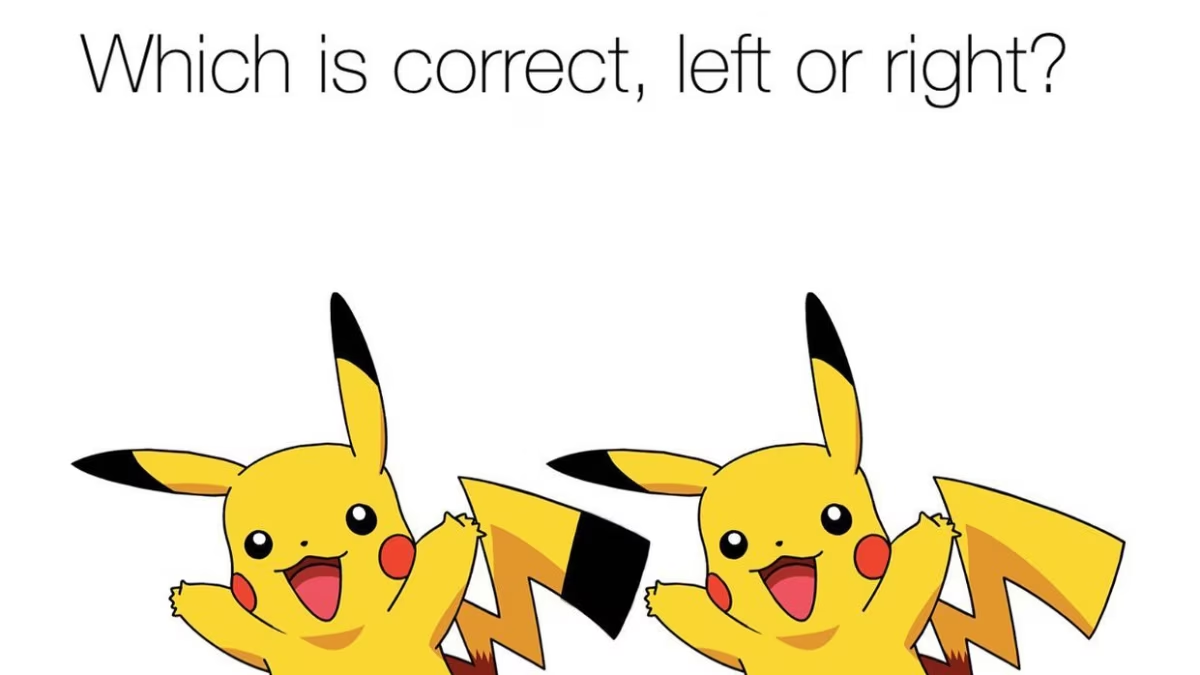
If you were asked to draw Pikachu’s tail from memory, would you add a black tip at the end? If so, congratulations—you’ve been “Mandela’d.” The truth is, Pikachu has never had a black tip on his tail. Ever.
4. The Monopoly Man – Does He Wear a Monocle?

Picture the Monopoly mascot, Rich Uncle Pennybags. Does he have a monocle?
If you said yes, sorry—he doesn’t. But why do so many people clearly remember him wearing one?
5. “Mirror, Mirror on the Wall” – Not Quite Right
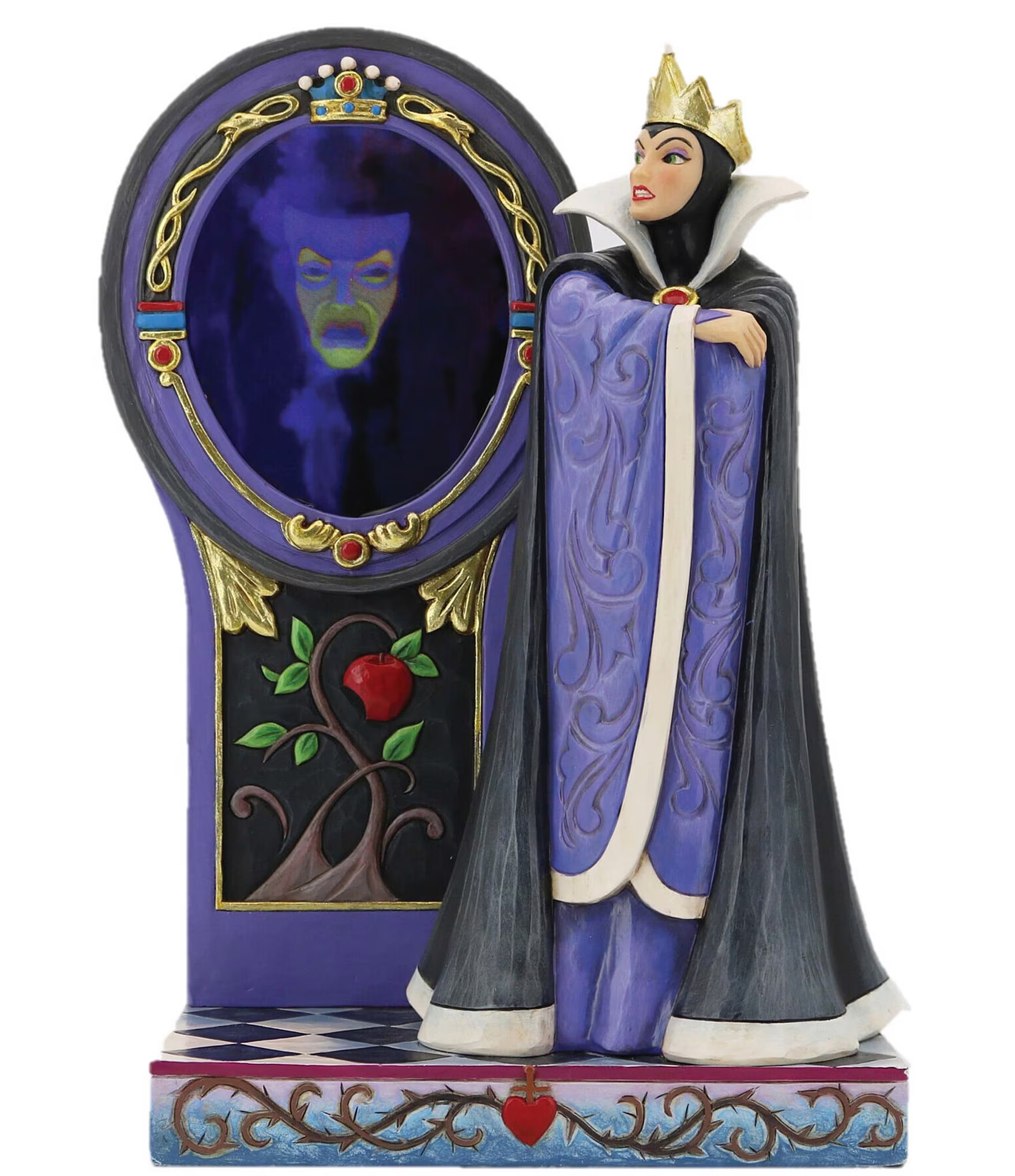
The Evil Queen in Snow White never actually said, “Mirror, mirror on the wall.” The correct line is: “Magic mirror on the wall.”
Disney, are you messing with our memories?
But WHY Does This Happen?
There are several theories that attempt to explain the Mandela Effect, ranging from logical to downright mind-bending.
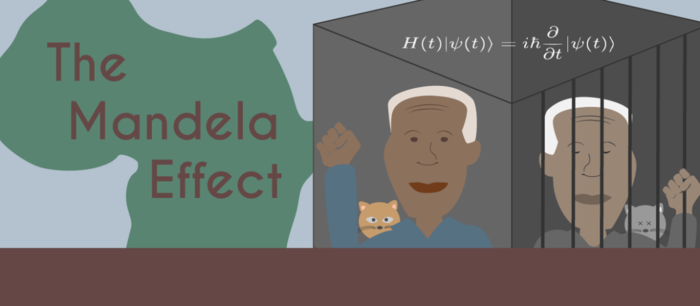
1. False Memory and Confabulation
One of the most widely accepted explanations is that the Mandela Effect is a result of false memory and confabulation—our brains filling in gaps in our memory with information that seems right but is actually incorrect.
Think of your memory like a Wikipedia page – you can edit it over time without realizing it. And if enough people collectively “edit” their memories in the same way, it can create a shared false reality.
2. The Parallel Universe Theory
If you love science fiction, you’ll love this one. Some believe the Mandela Effect is proof that we’re jumping between alternate realities. Maybe in a different timeline, it really was “Berenstein Bears” and the Monopoly Man did wear a monocle. But at some point, we shifted into a different version of reality where those details changed.
Sounds crazy? Maybe. But science doesn’t entirely rule it out. The Many-Worlds Interpretation of Quantum Mechanics suggests that infinite parallel universes exist—and who’s to say we’re not slipping between them?
3. The Simulation Hypothesis
This one is straight out of The Matrix. Some theorists believe we might be living in a simulated reality, and the Mandela Effect is just a glitch in the system. If the simulation gets updated or “patched,” tiny details of our past might change, creating discrepancies in our memories.
So… are we just NPCs in a cosmic video game?
Could the Mandela Effect Be Dangerous?
At first glance, the Mandela Effect seems like just a quirky memory mistake. But what if it starts affecting important historical events? What if one day, a large group of people remembers a war or a disaster that never actually happened?
In 2014, several Bohemian Waxwing birds in Yukon, Canada, were sent to a wildlife rehabilitation center because they were getting drunk on fermented rowan berries. While that is a real event, imagine if a future Mandela Effect made half the population believe those birds were actually intoxicated by aliens!
Could this phenomenon impact our understanding of history, politics, and even reality itself?
Finally, Are We Living in the Matrix?
The Mandela Effect is one of the most mind-boggling phenomena of our time. Whether it’s a simple brain glitch, proof of parallel universes, or evidence that we’re living in a simulation, one thing is clear—it makes us question everything we think we know.
So next time you swear something used to be different, remember: It might not be just a faulty memory. You might have just jumped timelines.
You might have missed many other fascinating pieces of information, follow Maybemiss.com to stay updated on things that may be old but feel incredibly new!

















Discussion about this post